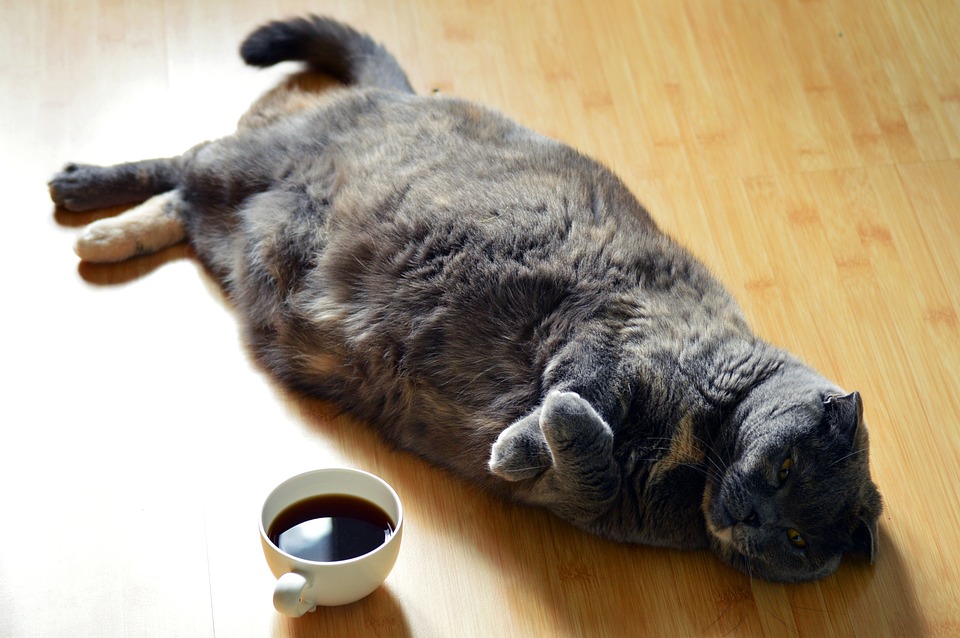Title: Recognizing and Managing Gastrointestinal Problems in Kittens: A Guide to Diet Transitions and Symptoms
Introduction:
As a loving cat owner, it is crucial to be aware of the common gastrointestinal problems that kittens may face. Diet transitions play a vital role in maintaining a healthy digestive system in kittens. In this article, we will delve into recognizing symptoms of gastrointestinal issues and provide guidance on managing them effectively through diet transitions.
I. Understanding Gastrointestinal Problems in Kittens
A. Importance of a healthy gastrointestinal system in kittens
A healthy gastrointestinal system is crucial for a kitten’s overall health and well-being. It helps in the digestion and absorption of nutrients, elimination of waste, and the functioning of the immune system.
B. Common causes of gastrointestinal problems in kittens
Gastrointestinal problems in kittens can be caused by various factors, including dietary changes, food allergies or sensitivities, parasites, viral or bacterial infections, stress, and underlying health conditions.
C. Types of gastrointestinal problems in kittens (diarrhea, constipation, vomiting, etc.)
Gastrointestinal problems in kittens can manifest in different ways, including diarrhea, constipation, vomiting, regurgitation, lack of appetite, excessive appetite, weight loss, failure to gain weight, abdominal pain, discomfort, and changes in litter box habits.
II. Recognizing Symptoms of Gastrointestinal Problems in Kittens
A. Frequent or persistent diarrhea
Diarrhea that occurs frequently or persists for more than a day can be a sign of gastrointestinal issues in kittens. It is essential to monitor the consistency, color, and odor of the stool.
B. Vomiting or regurgitation
Frequent vomiting or regurgitation, especially after meals, can indicate a problem with the kitten’s digestive system. It is crucial to differentiate between vomiting and regurgitation, as they have different causes.
C. Lack of appetite or excessive appetite
Changes in appetite, such as a sudden decrease or increase in food intake, can be a symptom of gastrointestinal problems in kittens. It is essential to monitor their eating habits and observe any changes.
D. Weight loss or failure to gain weight
Gastrointestinal problems can lead to weight loss or a failure to gain weight in kittens. Regular weighing and monitoring their body condition can help identify any issues.
E. Abdominal pain or discomfort
Kittens experiencing gastrointestinal problems may exhibit signs of abdominal pain or discomfort, such as restlessness, vocalization, or sensitivity when their belly is touched.
F. Changes in litter box habits
Gastrointestinal problems can cause changes in litter box habits, including increased frequency of urination or defecation, straining, or the presence of blood or mucus in the stool or urine.
III. Managing Gastrointestinal Problems through Diet Transitions
A. Consulting a veterinarian
If you suspect gastrointestinal problems in your kitten, it is crucial to consult a veterinarian for a proper diagnosis and guidance. They can provide personalized advice based on your kitten’s specific needs.
B. Gradual diet transition approach
When managing gastrointestinal problems, it is recommended to introduce dietary changes gradually. Sudden changes in diet can worsen symptoms, so transitioning slowly allows the digestive system to adjust.
C. Choosing the right cat food for gastrointestinal health
Your veterinarian may recommend specific cat food formulas that are designed for gastrointestinal health. These formulas usually contain easily digestible ingredients and may be beneficial for kittens with sensitive stomachs.
D. Incorporating probiotics and digestive enzymes
Probiotics and digestive enzymes can aid in maintaining a healthy balance of gut bacteria and improving digestion. They can be added to your kitten’s diet under the guidance of your veterinarian.
E. Monitoring progress and making adjustments
During the diet transition, it is essential to monitor your kitten’s symptoms and progress. If symptoms persist or worsen, consult your veterinarian for further evaluation and adjustments to the diet plan.
IV. Frequently Asked Questions (FAQs)
1. How long should a diet transition take for kittens?
2. Is it normal for kittens to have occasional diarrhea during a diet transition?
3. Can I switch my kitten’s diet abruptly?
4. Are there any specific cat food ingredients to avoid during a diet transition?
5. Should I feed my kitten wet or dry food during a diet transition?
6. Can I give over-the-counter medications to manage gastrointestinal issues in kittens?
7. How long should I wait before consulting a veterinarian if my kitten’s symptoms persist?
Conclusion:
Taking steps to recognize and manage gastrointestinal problems in kittens is essential for their overall health and well-being. By understanding the symptoms and implementing gradual diet transitions, you can help your kitten maintain a healthy digestive system. Remember to consult with your veterinarian for personalized advice and guidance. Together, we can ensure our kittens grow into happy and healthy cats.








